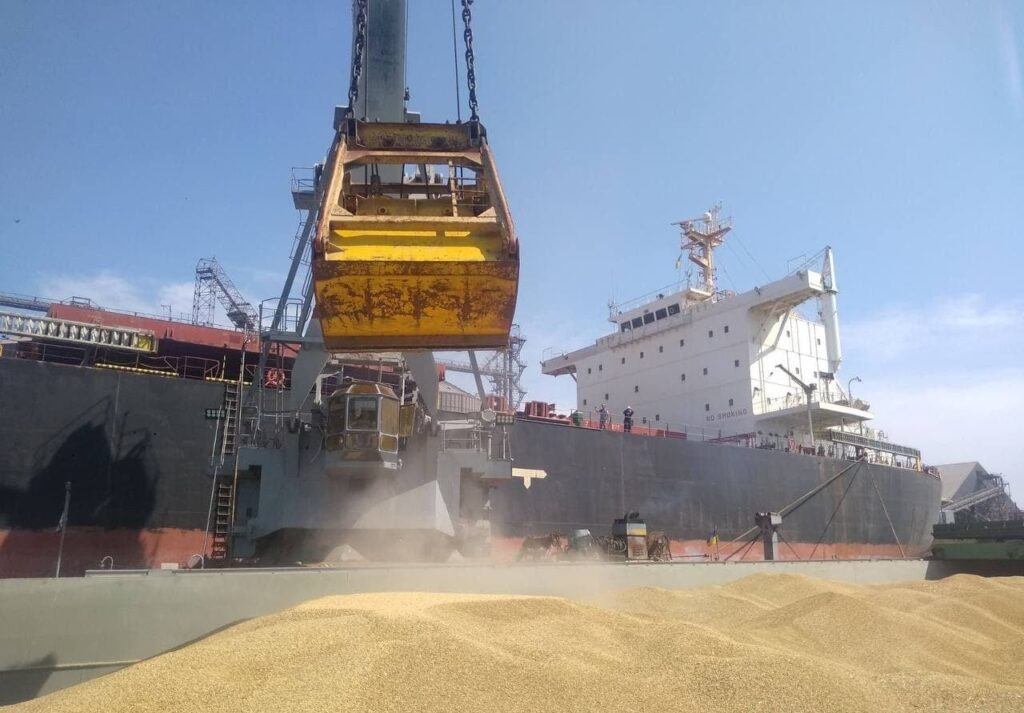New rules in Russian ports create poblems for grain exports

New restrictions on foreign vessels entering Russian ports, particularly the port of Kavkaz, have significantly hindered grain exports, which accounted for nearly a quarter of the country’s total maritime grain exports in the previous season. According to Reuters, only 350,000 tonnes of grain were shipped through the port of Kavkaz since the beginning of August, a sharp decline compared to typical volumes. For comparison, in August last year, the port handled 1.492 million tonnes of grain. The delays stem from new vessel inspection requirements introduced by a decree from the Russian president.
Under the July 2025 decree, foreign vessels are now required to obtain permission from port authorities and Russia’s FSB to enter ports. These measures, aimed at enhancing security, have led to significant delays. At the beginning of last week, over 120 vessels were waiting for clearance to enter the port of Kavkaz, causing a surge in freight rates for coastal vessels. The port’s terminals are overwhelmed with grain, effectively halting the acceptance of new shipments, sources told Reuters on condition of anonymity.
“With the current inspection situation, vessels can be stuck at anchorage for up to one and a half months,” one Reuters source said. Currently, loading is taking place on vessels that were scheduled for mid-July, sources complained to the agency.
The situation in other Russian ports, such as Novorossiysk, the country’s largest grain port, and Baltic route ports, appears less critical. Although grain exports in the new season have started slowly due to a delayed harvest campaign, the issues at the port of Kavkaz are particularly acute. Sources note that additional inspections, especially due to vessels passing under the Kerch Bridge, complicate logistics, as the port is located in the strategically important Kerch Strait, connecting the Sea of Azov and the Black Sea.
According to Reuters calculations, in the 2024/2025 season, the port of Kavkaz handled 10.24 million tonnes of grain, accounting for 23% of Russia’s total maritime grain exports. The new restrictions could have long-term consequences for Russian exports, as port delays reduce the country’s competitiveness on the global grain market. The administration of the port of Kavkaz has not yet provided official comments on the situation.
For almost 30 years of expertise in the agri markets, UkrAgroConsult has accumulated an extensive database, which became the basis of the platform AgriSupp.
It is a multi-functional online platform with market intelligence for grains and oilseeds that enables to get access to daily operational information on the Black Sea & Danube markets, analytical reports, historical data.
You are welcome to get a 7-day free demo access!!!
Read also
AmSpec – Partner of BLACK SEA GRAIN.KYIV-2026
Black Sea & Danube Rapeseed Market at a Turning Point: Weather Risks, Supply ...
Indonesia to import 1 thsd tons of US rice despite self-sufficiency policy
China returns rapeseed oil from Kazakhstan over GM
Nigeria advances toward full membership in council of palm oil producing countries
Write to us
Our manager will contact you soon



